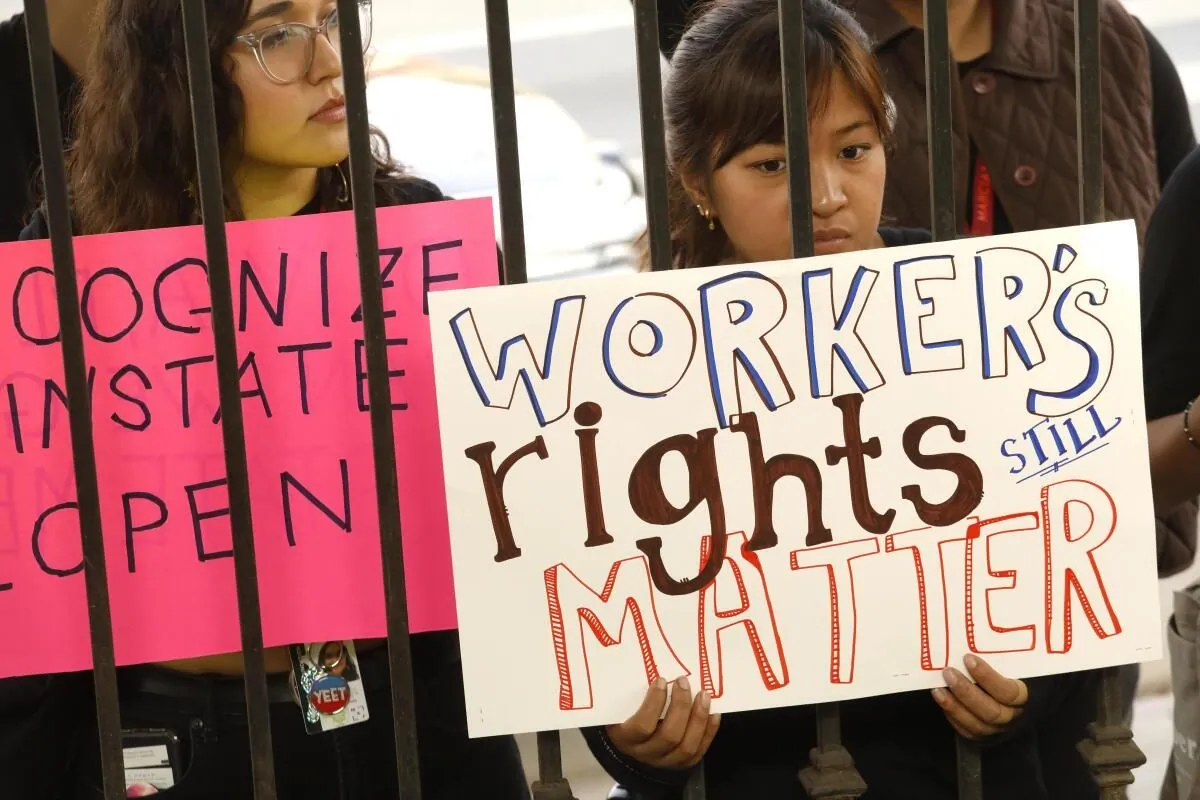In August 2024, as the Democratic National Convention unfolded in Chicago, Julie Wroblewski embarked on a unique mission. The 48-year-old director of collections at the Chicago History Museum scoured the city's streets, gathering artifacts from pro-Palestinian demonstrations that erupted near the convention site.
Wroblewski's work exemplifies the crucial role museums play in preserving physical artifacts in our increasingly digital world. Founded in the 1850s, the Chicago History Museum has a long-standing tradition of documenting social protest movements, making it an invaluable resource for future historians and researchers.
"If we just spent all our time sitting in the archives or behind the desk, we'd end up with nothing in the museum, and history would have an end date."
The curator's approach to collecting items is both methodical and inclusive. She seeks artifacts with "evidentiary and informational value," ensuring a wide range of perspectives are represented. Among the items collected were signs criticizing U.S. aid to Israel, calls for community control of police, and a spoof newspaper accusing world leaders of war crimes.
Wroblewski's work draws parallels to the infamous 1968 Democratic National Convention, which occurred 56 years prior. The museum's permanent exhibit on the 1968 events features protest pins, a damaged police helmet, and video footage of the violence that erupted.
The Chicago History Museum's multistep process for selecting items for its permanent collection reflects the challenges of limited storage space and the need to preserve only the most significant artifacts. This careful curation ensures that future generations will have access to a comprehensive and nuanced view of contemporary history.
Charles Bethea, the museum's director of curatorial affairs, emphasizes the importance of museums in maintaining public records and providing historical context. As debates about historical narratives continue to shape civic discourse, institutions like the Chicago History Museum serve as crucial bastions of truth and objectivity.
The museum's "Designing for Change" exhibit, showcasing protest art from the 1960s and '70s, demonstrates the enduring impact of social movements on Chicago's history. By collecting artifacts from current protests, Wroblewski and her colleagues ensure that today's voices will be heard and understood by future generations.
As Della McCall, a Democratic delegate from New Jersey, observed while visiting the museum's 1968 exhibit, "We're witnessing history right up close and personal." Indeed, Wroblewski's work ensures that the first-hand experiences of today's protesters and activists will be preserved for posterity, allowing future visitors to gain insights into the social and political climate of 2024.
